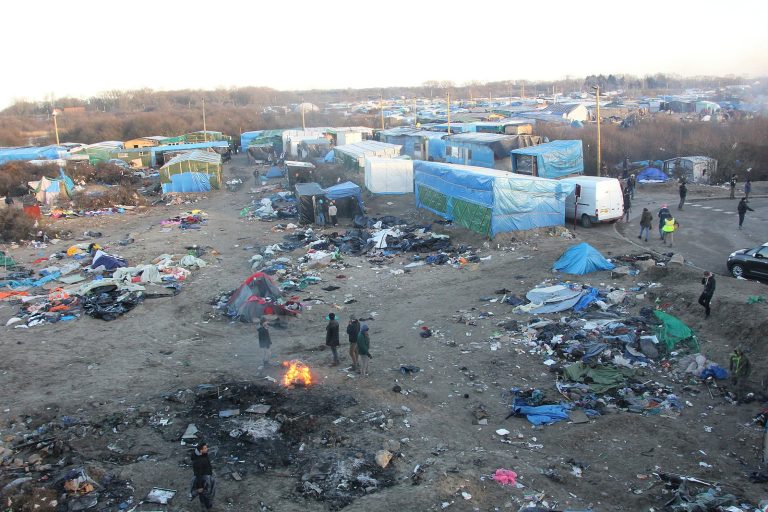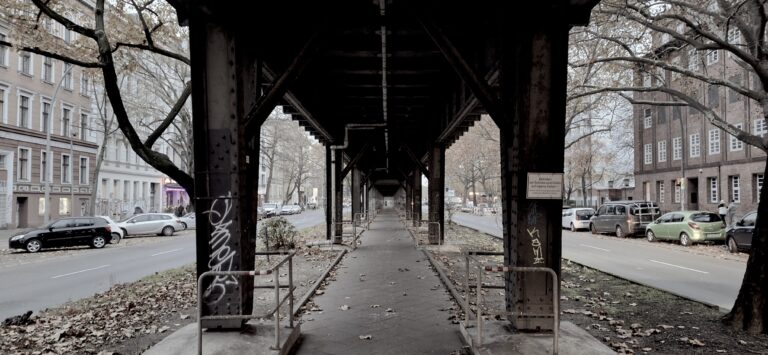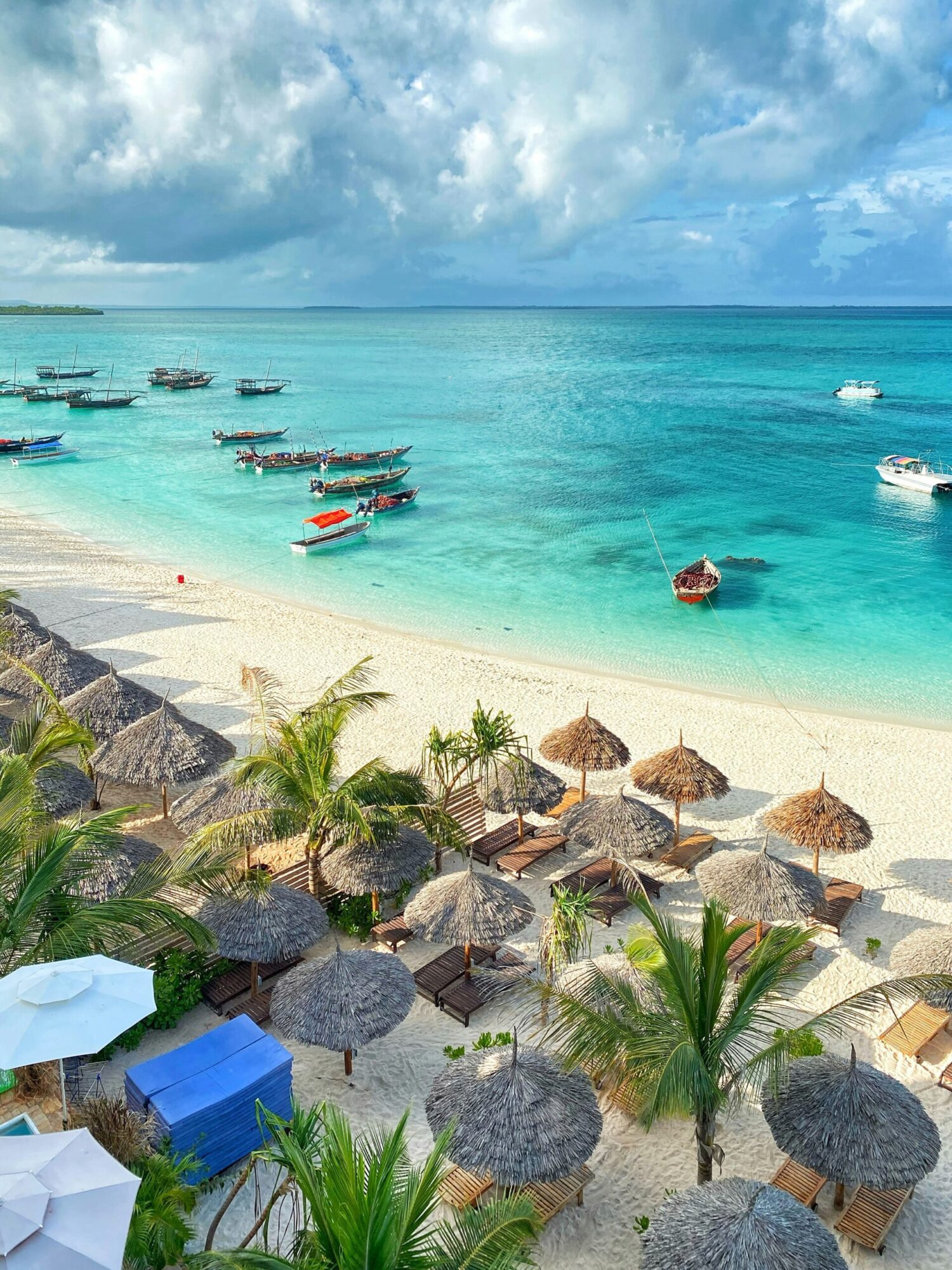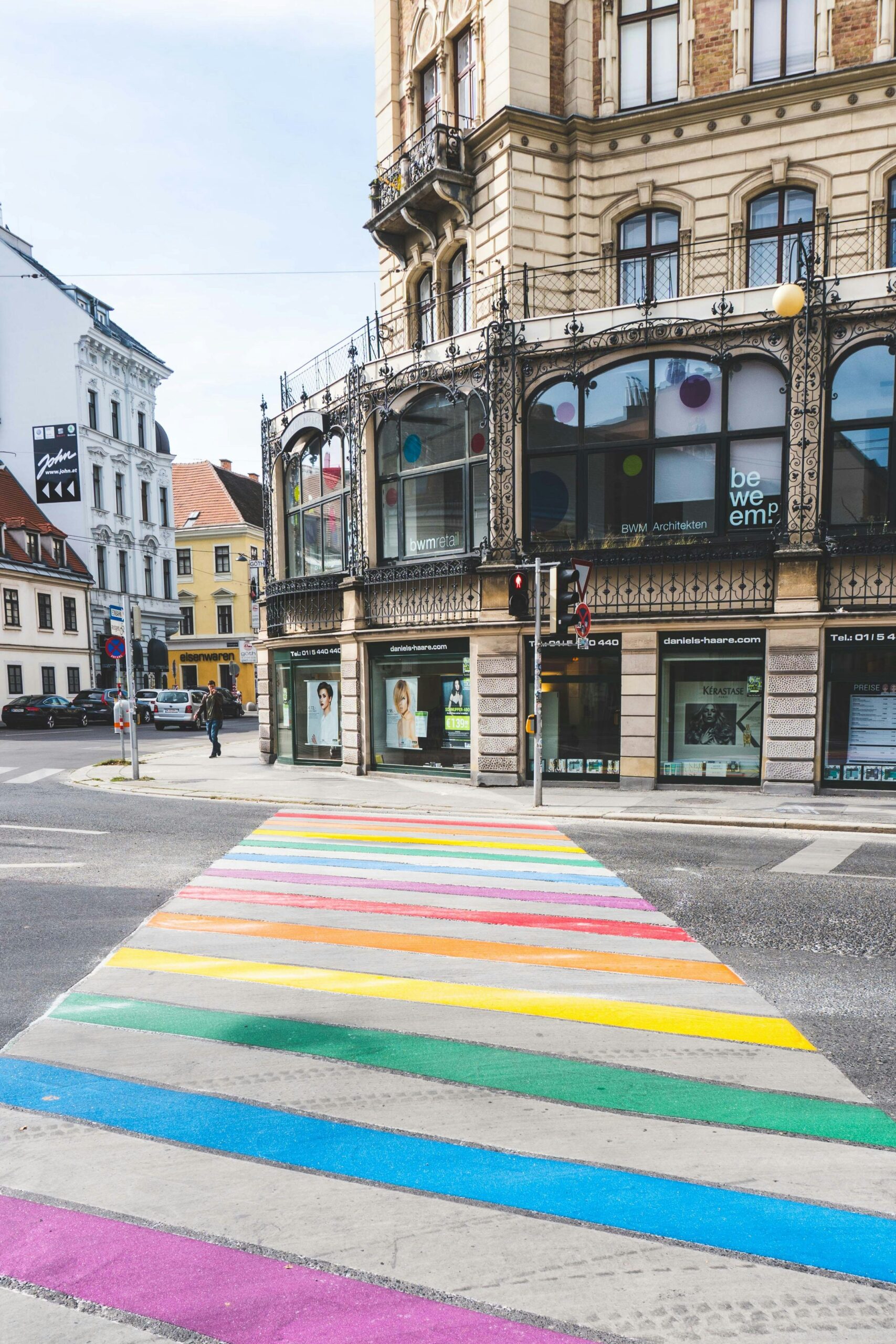A small crack in the heavy metal door let in a sliver of golden morning light. We had arrived at 2:15 a.m. and gone straight to bed, exhausted. As I opened my eyes, sunlight glared through the gap, revealing the faces of three curious girls, wrapped in lilac uniforms and headscarves. They smiled nervously and waved. I waved back, and they giggled before rejoining their schoolyard games.

I had been invited to spend several days at an orphanage in Idlib, a city in northern Syria that had become a stronghold for rebel forces. The “association,” as they called it, was a large, grey compound not far from downtown. Behind tall walls and light security, it felt like any other school: asphalt playgrounds for running and football, metal frames for climbing, and classrooms filled with wooden desks. The floor was littered with scraps of paper and class notes.
Arriving at the Little Hearts Foundation
Just over two years earlier, I was walking down a road in Adana, in southern Turkey. I had arrived to cover the devastating earthquake that claimed more than 100,000 lives. As I walked, focused on my phone and following a Google Maps pin I had been sent, the loud growl of a performance engine grew louder. The sound and my path were about to converge. The tinted window of a brilliant white Honda Civic lowered slowly, and a hand emerged. I’d been looking for a translator in Turkey, and someone had given me the contact info of Mahmood al-Rawi, an Iraqi man from Fallujah who spoke almost perfect English. Mahmood worked with a charity that helped rehouse Syrian refugees and supported their children, many of whom suffered from blood cancer and aggressive tumors and needed urgent medical care. Through our work together, Mahmood and I became friends, and he offered to bring me to Syria to show me his work there.
Fast forward to today, and I’m sitting in the back of a Kia Mohave SUV—favored in Syria for its durability—speeding through the night at a steady 160 kilometers per hour with Mahmood in the passenger seat, a man named Omar behind the wheel, and a loaded Kalashnikov resting on the floor.

Omar al-Omar is a tall, stocky man—6’3″—with shoulder-length black hair, a thick beard, and a disarming smile. He frequently cracks sharp jokes with his friends in Arabic. Omar began doing humanitarian work when he arrived in Idlib in 2017. His charisma and online presence attracted many donations. He worked with a French-Syrian NGO for a year before discovering they were misusing funds. After leaving, he founded The Little Hearts Foundation, a school and community center serving nearly a thousand children orphaned by war. They attend the school by day to study and play. Today, this place is a rare sanctuary for many children who have never known peace. However, it took a great deal of work and hardship to build it.
The road to Idlib
Years ago, on a cold, snowy morning in Deir Muqaran, a mountain village in the Wadi Barada Valley northwest of Damascus, 200 green buses lined the local streets. It was January 29, 2017, and the buses were ready to relocate rebel forces to Idlib, closer to the Turkish border. The rebels, largely from Jabhat al-Nusra (previously the Free Syrian Army), had reached an agreement with Russian and German negotiators, the former representing the Assad regime. Either the fighters would relocate or face full-scale bombardment that could endanger all families in the area. The regime was eager to reclaim the region because of Ein Fajja, a vital water source that supplied over six million people in Damascus.
The rebels had lived under siege since 2011, defending the valley despite overwhelming odds. Deir Muqaran, nestled among sheer sandstone mountains controlled by the regime, endured relentless barrel bomb attacks. Around 400 fighters were lost over six years. That morning, about 700 soldiers, dressed in winter clothes, boarded the buses with their weapons. Of the 200 buses, only 70 were needed: 40 for the fighters and 30 for their family members. Russian officials were reportedly stunned that so few had held the region so long.
Al-Omar was 27 then. Driven by rage and a deep longing for a free Syria, he was involved in resistance long before the war officially began. His younger brother, Mustafa, was arrested in 2012 and disappeared inside Assad’s notorious Sednaya prison. His father, Mahmoud al-Omar, was once a soldier in the Syrian military under Hafez al-Assad, Bashar al-Assad’s father, and was accused of aiding rebels. He was dismissed from the military in 1990, arrested in 2006, and routinely extorted by the regime. It was a typical story for Syria. Hafez al-Assad ruled through paranoia and brutality, often punishing entire families for dissent. His son, Bashar, continued that legacy despite initial promises of reform.
Though he had become a de facto leader of a small rebel faction, Omar didn’t want to leave his village on that frigid January morning. But endangering families wasn’t an option. Armed with machine guns and grenades, the fighters boarded the buses. This was not surrender. It was a tactical shift.

The trip to Idlib, which usually takes 4 hours, took nearly 24. Assad’s forces rerouted the buses through Alawite strongholds to parade the rebels like trophies, exposing them to jeers and humiliation. What Assad didn’t realize was that concentrating these disparate rebel groups in Idlib would eventually backfire. From 2014 to 2018, the regime implemented similar evacuations across the country, consolidating opposition forces in one location. During those early years, international media flooded screens and newspapers with images of horrific attacks and drone footage of Aleppo’s destruction. That attention eventually waned, but the conflict only intensified.

Abdullah’s story
In 2016, a year before Omar arrived in Idlib, Abdullah al-Khalif, another founding member of the orphanage, smuggled his family across the desert, moving from one Kurdish stronghold to another. Born in Deir ez-Zor and raised in Damascus, Abdullah is a tall, gaunt man with a long goatee and somber eyes. He had worked as a policeman and moonlighted as a taxi driver. When the war began, he joined protests by night, but it soon became too dangerous. He fled to Darayya, then under the control of the Free Syrian Army, and joined their ranks.
Abdullah married just six months before the war began. His wife remained in Damascus for safety. He risked his life to visit her and their newborn. Traveling through Syria was dangerous. In 2013, regime forces massacred 1,800 people in Darayya in a single day. Hiding on a rooftop, Abdullah watched in horror as a soldier slit a child’s throat and smeared his hand with blood, shouting “Ya Hussein”—a Shia invocation that was burned into his memory after that day.

After escaping to Deir ez-Zor, Abdullah fought alongside the Free Syrian Army for 18 months while supporting his family. By 2014, Jabhat al-Nusra had established a foothold in the region, and he joined them, citing their discipline and organizational structure. While the U.S. had labeled them a terrorist group in 2012, the Washington Post reported that they were the most effective rebel force on the ground. ISIS also grew in power during this time, threatening to kill or absorb all non-affiliated fighters.
After his commander was wounded, Abdullah’s faction moved to Idlib, now a rebel safe zone. He began a quieter life, working in a restaurant and raising three children while enduring frequent airstrikes. Normalcy took on strange dimensions. People would resume their daily routines just an hour after a bombing. In 2017, Abdullah attempted to flee to Turkey nine times in one month but was caught each time. Bilateral relations between Syria and Turkey had long been tense, deteriorating further after a 2011 incident in Jisr ash-Shugur, where thousands fled across the border.
Turkey’s President Recep Tayyip Erdoğan initially condemned Syria’s brutality but hesitated to call for Assad’s removal.
In 2019, while still working at the restaurant, Abdullah met Omar, who had recently founded his organization and school. Given their shared experience as fighters, they quickly found common ground. Though their focus shifted to humanitarian work, both remained active fighters and were among the first to enter Damascus after Bashar al-Assad’s departure.
On December 8, 2024, at 6:18 a.m., Bashar al-Assad, members of his family, and some key officials boarded a private jet at Damascus airport. They flew to a Russian airbase in Latakia and then to Moscow, escorted by Russian intelligence. This moment, long in the making, marked the end of a brutal 14-year war. By then, Idlib had become home to an estimated 50,000 rebel troops under Abu Mohammed al-Jolani, leader of Hay’at Tahrir al-Sham (HTS), a coalition of Sunni Islamist factions formed in 2017.
Their surprise offensive began with Aleppo, catching Assad’s weakened forces off guard. In just 11 days, the war ended. Estimates vary, but monitors and the United Nations suggest the death toll from the 14-year war may exceed one million.
Overnight, fighting halted, and focus shifted to rebuilding Syria’s shattered economy. In a landmark move, Syria’s interim president, Ahmed al-Sharaa—often known by his nom de guerre, al-Jolani—made his first foreign visit to Saudi Arabia in February, signaling a significant realignment in Middle East diplomacy.
Manal’s story
Manal Ibrahim, now 34, also works at the foundation. Even beneath her niqab, her wide grin and bubbly personality are unmistakable. Originally from Saraqib, a strategic town in Idlib province, Manal’s family was once wealthy. Her father, accused of having ties to the Muslim Brotherhood, fled to Saudi Arabia in 1980. Their lands were seized, and the family was blacklisted.
After Hafez al-Assad died in 2001, the family returned to Syria. But when 11-year-old Manal criticized Bashar al-Assad in class, the secret police came calling. The family fled again.
Between 2002 and 2011, they smuggled themselves across borders, paying bribes. Manal’s mother was imprisoned twice.

In their village, girls were expected to marry cousins by the age of 16 to preserve family land. Unmarried by the age of 20, a girl was considered spoiled. Manal resisted marriage and rejected the hobbies her father wanted her to pursue, such as sewing and religion. She decided to study dance, painting, and singing instead. These choices were unforgivable to her father.
Manal began to share her artwork on Snapchat, gaining a significant following and a steady income. By 2016, with Idlib under rebel control, she reclaimed some of her family’s land. Her father had remarried and left the family home by then. Barrel bombs were a regular soundtrack to her nights. Manal and her sister counted them as they whistled to the ground before impact.
Defying tradition, Manal eventually married a kind man from Damascus. Her family beat and tortured her, even tried to provoke her husband into violence, but they failed. The couple married in 2020 and had a child.
Manal applied for a job five times at The Little Hearts Foundation without mentioning her social media influence. She wanted to be hired based on merit. Eventually, she was accepted and rose to become director. Despite some initial tension, she and Omar developed a mutual respect for each other. She created a new Snapchat account to raise money for the orphanages. Since then, she has raised over $200,000 for the school, which now employs more than 60 staff and provides thousands of meals during Eid and other festivals.
“A Syria without Bashar”
The perfumed fragrance of shisha smoke wafted through the air as we entered Mr. Black’s restaurant, a popular hangout that opened four years ago on the outskirts of Idlib. Many in the local military brass frequent it for its generous traditional feasts. In my experience, I have never encountered such hospitality as I have in the Middle East, and Syria is no exception.
The table must be overflowing—variations of lamb and chicken, grilled vegetables, hummus, flatbreads, and fattoush. Water or juice is passed around. Cigarettes are lit. Conversation flows.
I was told many times by civilians and officials: “We received our country below zero. We must rebuild not just from the bottom, but below the bottom.” The new government faces pressure from many countries, each with its own agenda. U.S. President Donald Trump is now meeting with Al-Sharaa and lifting heavy sanctions, a monumental step. The Syrian public watches with bated breath.
As I observed those around me, and Mahmood generously translated as much of the dialogue as he could, we watched some people in fatigues, others in civilian clothes, united by a single unifying force: a desire to discuss Syria’s future and how to achieve the best possible outcome. Many Syrians are now making the long journey back home from different countries or refugee camps. The organization that Mahmood works for is shifting its focus to building medical facilities in rural areas that lack access. After the main course, chai is served, followed by baklava or kataifi with sweet cheese. Then comes Syrian cardamom coffee and the shisha pipe. The conversation continues long into the night.
The next morning, as I stand in the schoolyard, listening to 500 children chant “Allahu Akbar” in unison, I wonder whether the Syria they inherit will be the inclusive future President al-Sharaa has promised—or something more extreme, as critics fear. When I ask Omar what a free Syria means to him, he replies without hesitation: “To see a Syria without Bashar is enough.”
“األب الصالح خير من مائة معلم”
James Forde is an Irish freelance photographer based in London. His work focuses on long-term documentary projects that investigate under-reported socio-political issues. His photography has been featured in numerous publications, including the Washington Post, El País, VICE, and the Irish Times.









